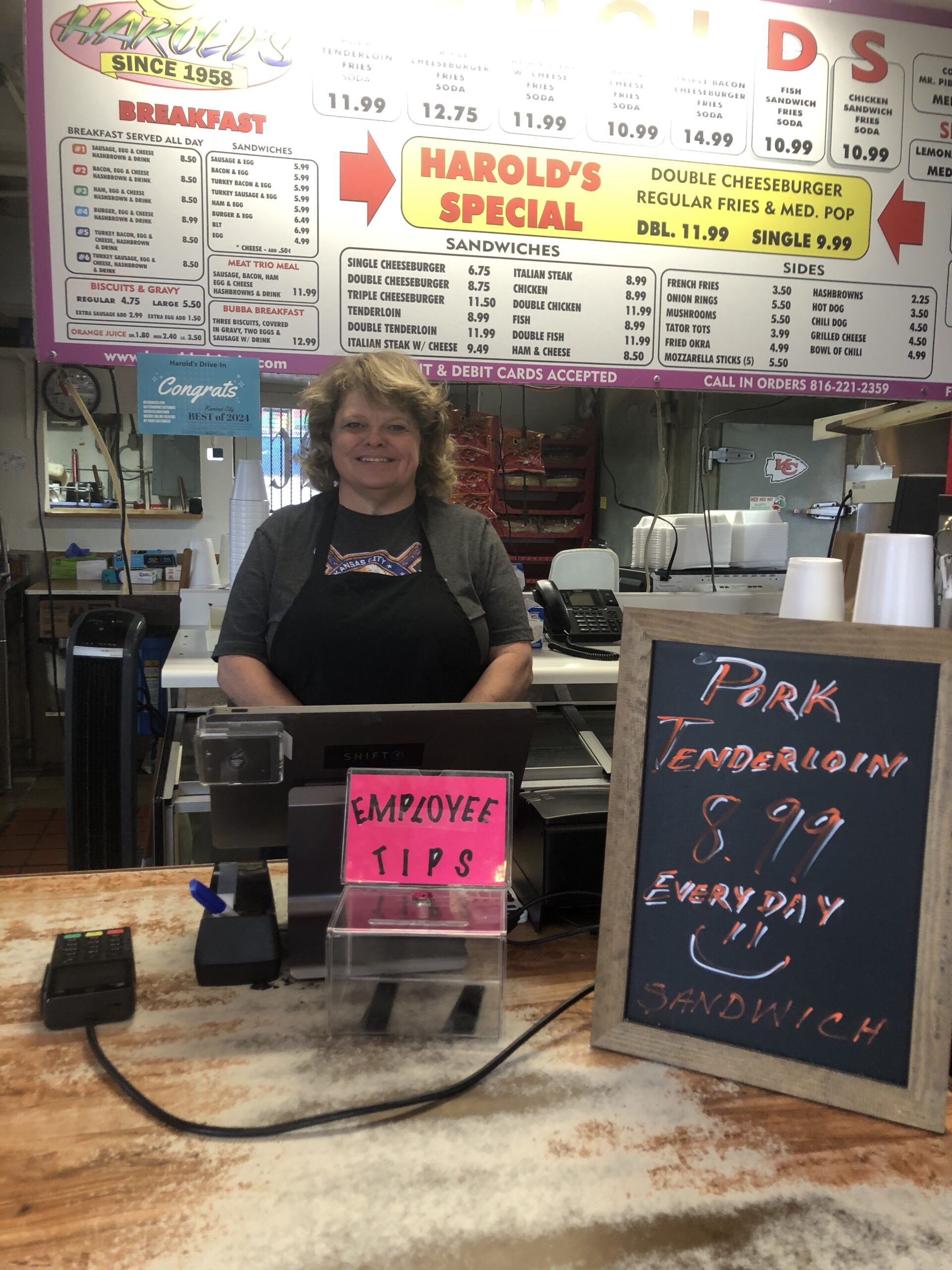
By Miranda Smith
Northeast News
May 17, 2017
Everything is better when it’s local. Local produce is fresher and creates less waste. Shopping locally supports the local economy. Local art keeps a city’s unique culture alive and thriving.
It only makes sense that a locally-controlled police force would be a good thing too. At least, that’s how almost every city in the United States seems to feel. Every city except one, that is: the Kansas City Police Department is the only state-controlled police department in the country.
What does that mean? Although every other city in the country controls their police department via the city government, and the Kansas City Police Department is asking for $217 million from City Hall, Kansas City’s police force is governed by the Board of Police Commissioners. Instead of the mayor maintaining primary control of the force, Kansas City Mayor Sly James is one of five members on the Board of Police Commissioners. The other five members are Governor-appointed residents of Kansas City.
Kansas City Police Chief Darryl Forté has been opposed to a shift to local control, in which the department would answer to the Kansas City government.
“Police officers always should be free to do what is best for the safety of the city without fear of repercussion from elected officials,” Forté wrote in his blog during the time St. Louis gained local control of their police department in 2013.
Forté’s comment suggests only dangerously ambiguous regulations will allow the police department to function, and that’s not the way it should be.
First, of course police officers should be subject to repercussions from elected officials. In a time and in state where police brutality is a prominent issue, transparency, good training and the utmost care out in the field is more important than ever. Elected officials can help guide the force in protecting the city fairly and effectively.
Second, Forté’s comment fails to account for the fact that elected officials are exactly the people whose job it is to decide what is best and safest for the city. That is why the people voted for them. Forté believes that the current state-controlled system is already local and responsive to the citizens’ needs because the members of the Board of Police Commissioners are all Kansas City residents. While the fact that these members live in Kansas City is a positive, giving them the power over the police force is not the same as giving it to elected officials because their input is only representative of their personal concerns and not the needs of the city as a whole. These members were appointed by the governor, who represents Missouri as a whole and won’t necessarily have Kansas City’s best interest in mind because its residents are only a fraction of the Missourians who voted him into office.
As the system currently stands, there are many steps for Kansas Citians to influence the four non-mayor members of the Board of Police Commissioners, and it’s not likely that local concerns would get any traction if they’re not in the best interest of the board. If Kansas City switches to a city-governed police force, Kansas City residents would have better access and much better voting power over the police department.
St. Louis, too, had a state-controlled police department that dated back to the Civil War, until a statewide ballot measure returned the power to the city in 2013. Supporters of local control argued that the shift in power would give St. Louis residents more say in the police force they pay for if their elected mayor had full authority over it. Mayor Francis Slay concurred.
“Local control will make the city safer for generations to come,” Slay said in his remarks.
Now that Kansas City Police Chief Darryl Forté announced his retirement in March, a similar movement threatens the status quo in the last state-controlled police department in the United States.
A petition to shift police force control to the Kansas City government has been introduced to the Missouri Secretary of State’s office. It must be certified by this office, and then signatures in favor of localizing the Kansas City Police Department may be collected. Next, the measure would show up on the 2018 statewide ballot for approval or rejection.
So help bring back control of the police department to Kansas City. It will improve the voting power of Kansas City residents over the transparency, budget and actions of the Kansas City police force. Watch for the petition to be certified and let the Secretary of State know the measure needs to be on the ballot next year. Then go out and vote to localize the Kansas City police department in 2018.

















